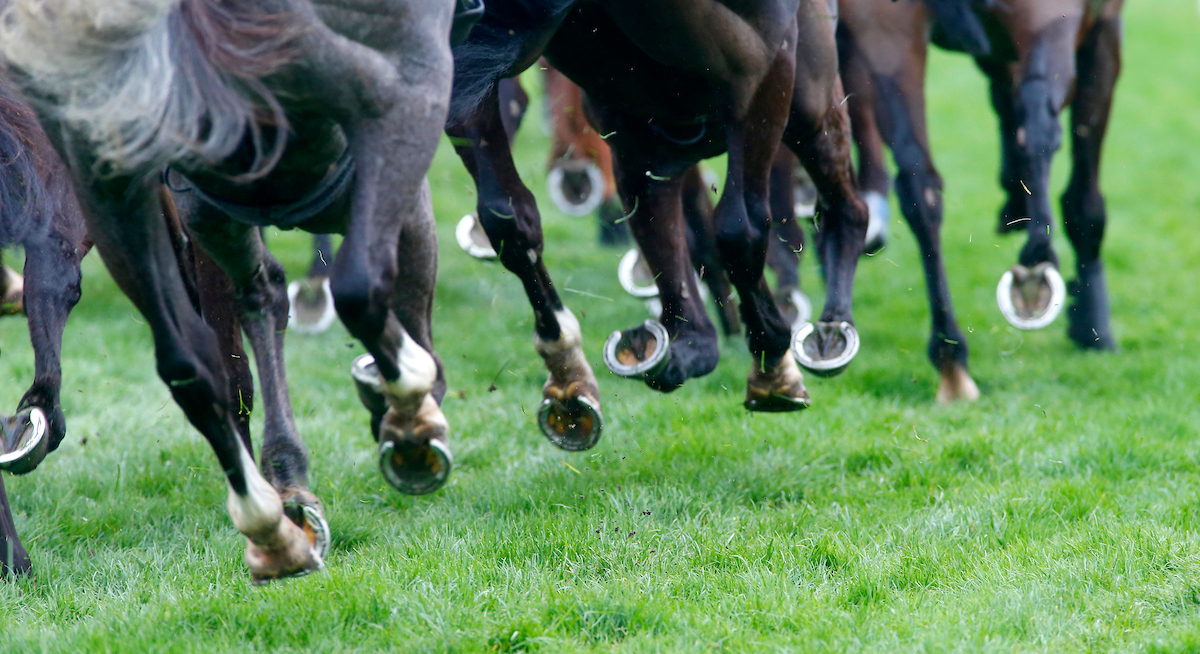
The governing body and regulator for horseracing has published its technical guidelines for participants and staff to allow racing to resume safely behind closed doors. The British Horseracing Authority (BHA) has worked with racecourses and representatives of trainers, jockeys and staff to adapt a normal race meeting, provide medical screening for all attendees in advance and maintain social distancing.
Download the Guidelines and operating procedures on resumption of racing for all attendees.
Resumption is conditional upon the government agreeing that restrictions can be eased further as part of Step Two of its coronavirus recovery strategy, which includes the return of professional sport and other cultural events. The first race meeting is scheduled for 1st June, but the guidelines require participants to take action in preparation for attending meetings, so the publication of this technical document was necessary at this time.
Horseracing’s guidelines have been developed in consultation with officials from Public Health England and a group of cross-sport Chief Medical Officers, and drawn up under the direction of the BHA’s Chief Medical Advisor, Dr Jerry Hill. They are aligned with the government guidance for the return of elite sports published so far but can be adapted if required by subsequent guidance.
The key principle is to act in line with government policy to protect those working and competing at race-meetings, and to reassure the wider community that the risks of spreading corona virus have been kept to a minimum.
Race meetings without the public are an important stage in a full return to work for the racing industry which is worth more than £4 billion annually for the economy, much of which is generated in rural areas. 20,000 staff are directly employed, with tens of thousands more working in jobs that depend on racing.
British racing remains in direct discussion with the devolved Governments regarding timescales for a potential resumption in Scotland and Wales.
A risk-managed return
The BHA and Dr Hill have carried out a detailed assessment of the risks from returning over several weeks. The background risks for a horseracing event without the public are considered to be low.
- It is a non-contact sport in which social distancing can be maintained in most situations
- It takes place out of doors where the risks of virus transmission are recognised to be lower
- Most of those attending live in rural areas where the incidence of COVID-19 is generally lower
- Training of horses has continued: staff and riders have already adapted to social distancing
- Most attending will do so in private vehicles and are not reliant on public transport
A layered approach to risk-management will be followed, in which a series of checks will be carried out to keep the risk of transmitting the virus to a minimum. These begin with education and screening of all attendees before they are allowed to attend any event and include new social distancing restrictions on courses, measures to mitigate risks of injury, facial coverings for jockeys and some staff and an ongoing surveillance programme to monitor the virus in the racing communities, which will include some testing.
Through its resumption plans, British racing will ensure that:
- It will act in line with government policy to protect those coming back to work and minimise the risk of spreading the virus
- For those working at an event, including officials, racecourse staff and participants, the implementation of these guidelines ensures that racing will take place in a more controlled environment than most day-to-day activities
- This will be achieved through a combination of:
- Efficient, repeated, targeted medical screening to ensure as much as possible that everyone who is on a racecourse is safe to be on that racecourse
- Detailed guidance and protocols around managing a race day safely and mitigating the risks of the transmission of corona virus
- Education to support behaviour changes, alongside sanctions if appropriate and necessary
- Racing will liaise with NHS Providers in order to reduce the use of any medical or NHS services to a minimum, acting responsibly by using other healthcare resources – private ambulances, hospitals and medics – to protect the NHS.
The guidelines published today will be updated and adapted to remain in line with government policy and will be kept under constant review to ensure any learnings from resumption are identified and included.
The BHA’s Chief Regulatory Officer, Brant Dunshea, said
“Racing has been able to develop its guidelines based on our experience of operating bio-secure environments to control the spread of infection in horses, and a robust approach to regulation and enforcing the rules. Our trainers, jockeys and staff carry out their roles in a highly disciplined way because working with horses always carries risks. I am very confident they will adapt quickly to this new set of measures designed to protect them from transmission of the virus.”
